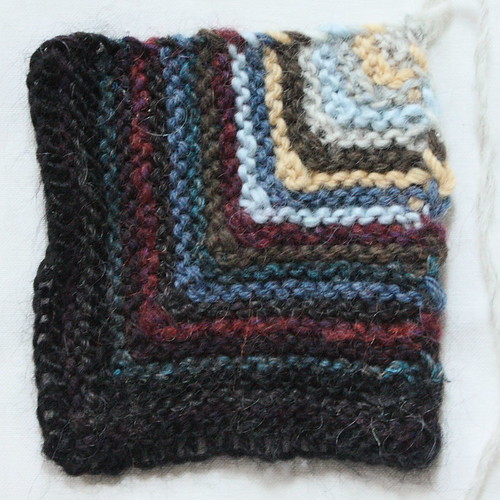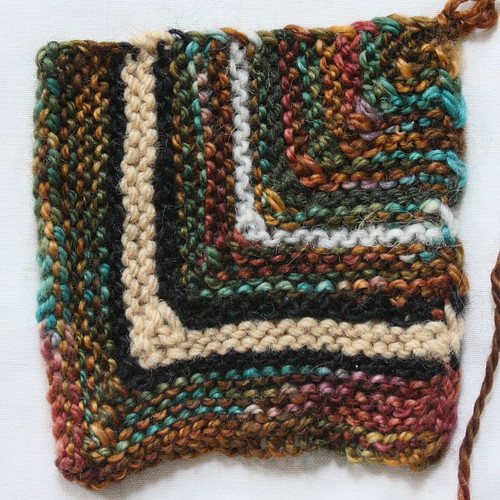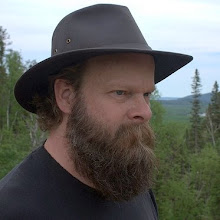
When Mom died, I mostly felt relief because of the time and way it happened. She had been fighting cancer for about five years. During the last year we knew it would be terminal, but except for the side effects of treatment it did not seem to impair her mental and physical state until January 2008. The doctor had prescribed morphine for pain but it had affected her badly, so she stopped. She really didn’t need it.
Near the end of that month I went for a visit. She could still get up and around without the use of oxygen or a walker, carry on conversations, and enjoy music, movies and food. Breathing had become a little difficult, but she was not in much pain. Since trying morphine she had been having unpleasant delusions that made her anxious. Sometimes she said things that didn’t make sense, and sometimes her speech was garbled. It was difficult to witness in someone who had always been lucid and sensible. Still I was grateful for some good conversations during that final visit. We expected her to live a few more months, but it would not be an easy time for her.
On the evening of February 20, Dad phoned to say Mom had slipped away. He and their friend Cathy were eating dinner while Mom rested quietly on the couch nearby, and when he got up from the table he noticed that her skin had turned grey. It was that peaceful.
Then I had to call other family members, friends of my parents, and especially my daughters. I spoke to Marian and Brenna briefly, promising to call again later.
Then I went and picked up my friend, Sylvie. I was becoming agitated and wanted someone nearby to keep me company.
Back home I talked to Dad again and received more information. Then I called my daughters.
There was no answer. I left a message.
It was hardly a thing to be alarmed about, but under the circumstances I began to panic. Where were they? What had happened to keep them from the phone?
After pacing for a few minutes, I pulled out a box of photographs. Sylvie went through them with me and I told her stories.
Finally the phone rang. It was Marian.
“Go look outside,” she told me.
I had forgotten it was the night of a lunar eclipse. My ex had taken the girls down to the beach in Port Hope to watch it for a while.
I went downstairs and opened the front door. The eclipse was still complete, the blood red full moon just beginning to grow bright along its leading edge.
Marian said, “You know how Nanum was always planning things for everyone to do? I think she chose to leave on the night of a lunar eclipse so we would all have something to do.”
Sure enough, when I spoke to Dad again, he had taken time to look at it. And later I learned that my mother’s two youngest sisters had spent the evening together on the phone, in Ontario and Nova Scotia, watching the moon together.
I let Mom go with the full moon, but it returns. I think of it this way: every month she goes on a journey around the world, and whenever I notice the full moon, I take it as a sign she is dropping in to say hello and see how I am doing.
At first I kept count of Mom's circuits, but didn’t experience much grief. I was glad she had gone and become part of nature again, without much effort, as she had wished.
Lately, some 18 months later, some situations have made me miss her. It was this story about the moon that let me and Joyce cry together the other night. I find myself weeping unexpectedly, which I didn’t do when she died. But as the summer moon sweeps low through the southern sky I am reminded she is at peace. I don’t need to remember to count moon cycles for her sake. It is best for our lives to carry on and let her memory pass over us.




